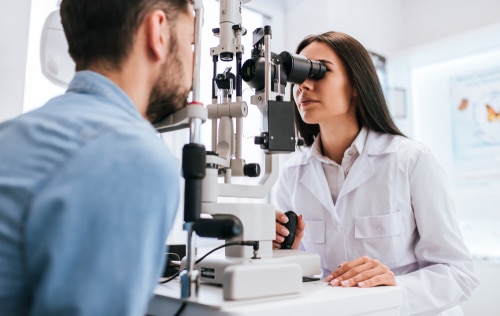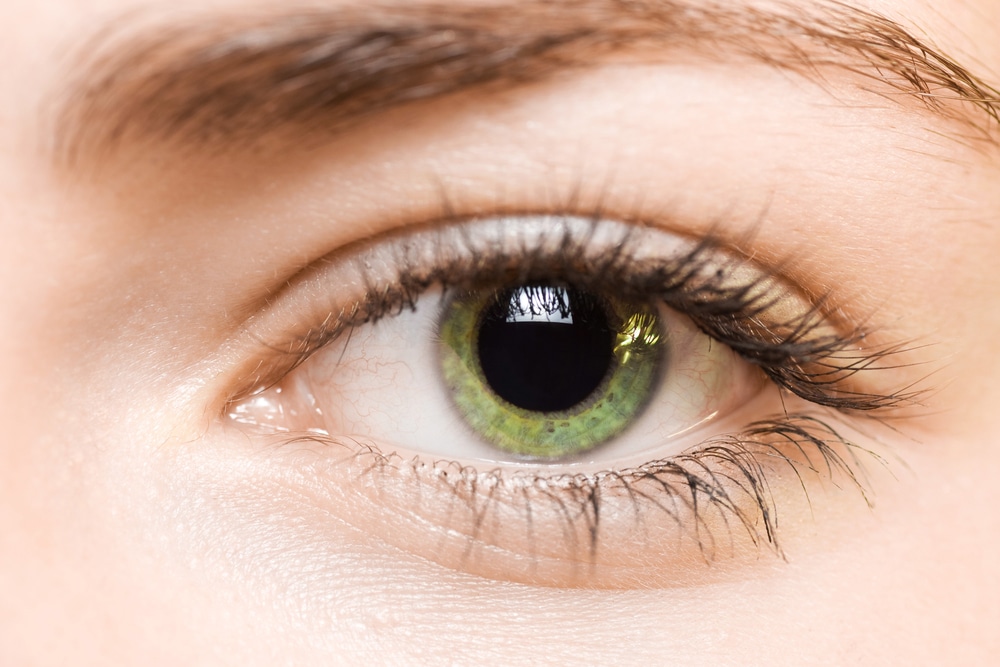Cataract
Do you struggle to read smaller print? Are your eyes often tired at the end of the day, or do you have headaches after reading? If you experience any of these issues, you may have an age-related condition called presbyopia. Keep reading to learn more about presbyopia and why you need reading glasses for the […]
Read
More
Cataract
If you’ve been diagnosed with cataracts, you’ll eventually need to have them removed in order to restore clear vision. Although cataract surgery is intended to provide clear vision permanently, it cannot prevent vision changes from other eye conditions. Keep reading to learn if cataract surgery is permanent with the best cataract surgeon in Littleton! How […]
Read
More
General Eye Care
The cool weather and trees turning into vibrant colors of yellow, red, and orange make autumn a great time of year. It also means new concerns, including dry air and fall allergies that can leave your eyes feeling miserable. Keep reading to learn six of the easiest eye care tips to protect your eyes this […]
Read
More
Uncategorized
Sometimes, your eyes might not make enough tears or produce poor-quality tears. This leads to increased evaporation of tears or inadequate moisture, causing dry eyes. Dry eye is a progressive condition that worsens without treatment. What’s more, the changing seasons can trigger dry eye symptoms due to different reasons. Keep reading to learn more about […]
Read
More
Uncategorized
PRK and LASIK are very safe and effective permanent vision correction procedures. Both procedures aim to provide you with greater visual freedom and reduce your dependency on contact lenses and glasses. The primary difference between the two is the surgical technique and process that occurs during the procedure. Not everyone is a good candidate for […]
Read
More
Uncategorized
Astigmatism is a refractive error that occurs when you have an irregularly shaped cornea. Typically, a normal cornea is shaped like a basketball, but in those with astigmatism, it is shaped more like a football. As a result, the cornea doesn’t focus light at the back of your retina as it should. Blurred vision, eyestrain, […]
Read
More
Uncategorized
Keratoconus is an eye condition where the cornea thins and weakens over time. As a result, the cornea forms a cone shape and bulges outward. The cornea’s irregular shape prevents the light entering your eye from properly focusing on the retina. In addition, the irregular cornea can distort the light, causing considerable vision impairment. While […]
Read
More
Cataract
Cataracts are a common cause of blurry vision for older adults. They form when proteins in your eye’s natural lens clump together. The clumping together of the proteins causes a clouding of your eye’s natural lens, which slowly impairs vision. Cataracts begin to form when you’re in your forties and typically cause gradual vision changes. […]
Read
More
General Eye Care
Dry eye syndrome occurs when there’s a problem with the tears your eye is producing. Tears are made up of three layers: water, oil, and mucus. An imbalance in any of the three components could result in dry eye syndrome. Dry eyes develop when your tears don’t provide sufficient lubrication. Insufficient lubrication can be due […]
Read
More
Cataract
Cataracts can prevent you from completing even simple day-to-day tasks. Often, cataracts develop slowly over the years, but they can also occur suddenly. Either way, cataracts eventually impact your vision and cause blindness if left untreated. Cataract surgery is the only way to restore clear vision. Millions of people have cataract surgery annually, with a […]
Read
More









